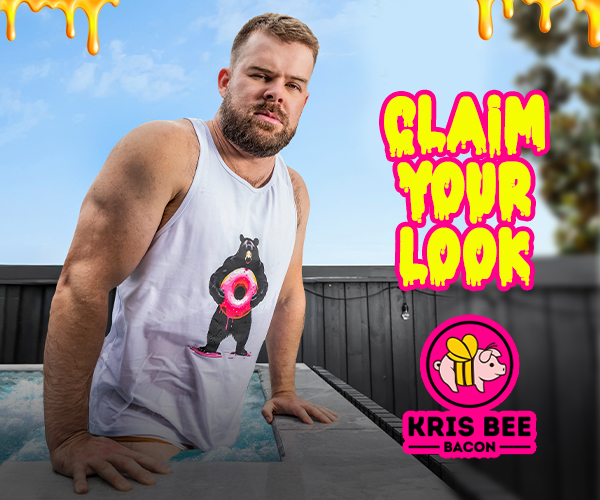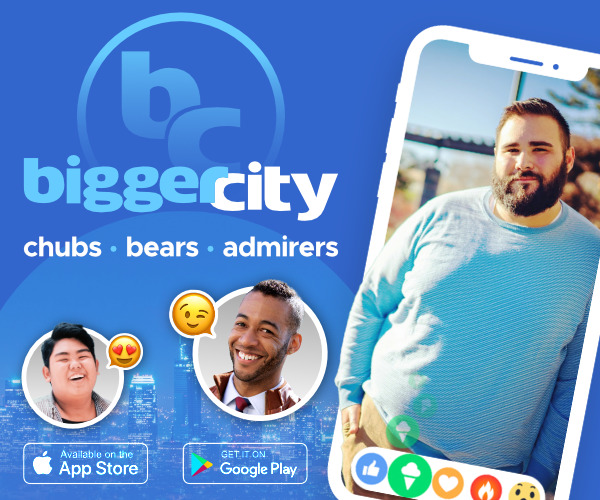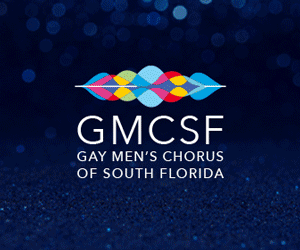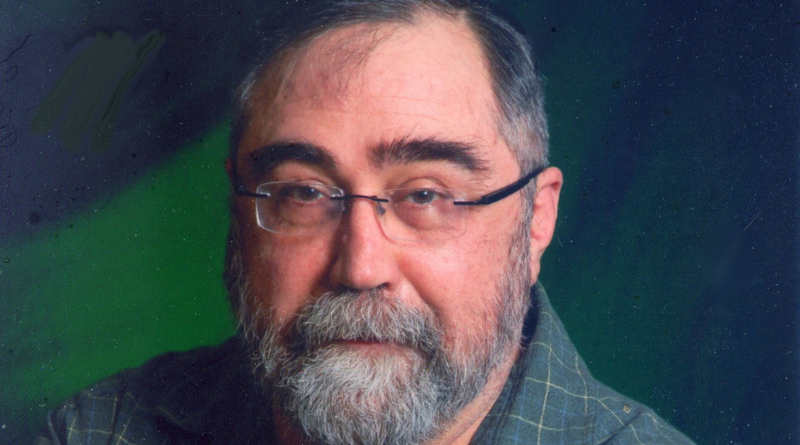
Les K. Wright, Pioneer of the Bear Community, Releases Tell-All Memoir
Les K. Wright, pioneering member of the bear community and celebrated author, is back with a new book from Bearskin Lodge Press, his autobiography, entitled Resilience: A Polemical Memoir of AIDS, Bears and F*cking, out today!
Bears of millennial age and older will likely have at least a passing familiarity with The Bear Book: Readings in the History and Evolution of a Gay Male Subculture (1997) and its sequel The Bear Book II: Further Readings in the History and Evolution of a Gay Male Subculture (2001), both compiled, co-written and edited by Les K. Wright. It is in these volumes that he told the history of the bear community from its inception in the mid 80’s through to the new millennium.
In addition to being a revered author, Les is a photographer, publisher, literary scholar, gay historian, gay activist, long-term (pre-HAART) AIDS survivor, and retired professor of English and German. He is a founding member of the GLBT Historical Society of San Francisco, and the founder of the Bear History Project.
After taking a considerable leave of absence from the bear community he has recently returned both to release his memoir and to continue the work he started over 25 years ago. We discuss all this and more in the frank and enlightening conversation presented below.
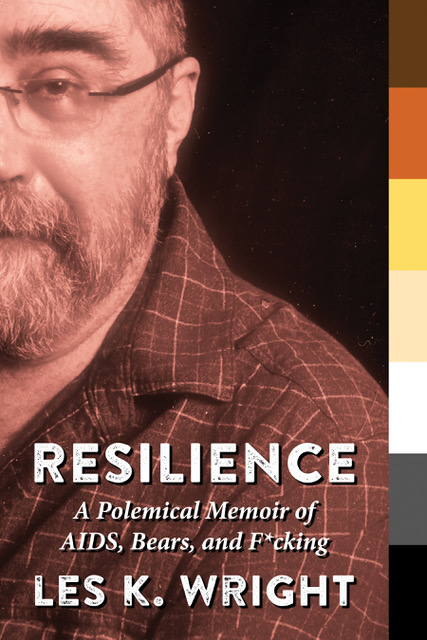
John Hernandez: Hi Les! Great to meet you, thanks for taking the time to talk with me. I cannot wait to read your new autobiography: Resilience: A Polemical memoir of AIDS, Bears and F*cking. Talk about an ear-grabbing and eye-catching title! Tell me about how you came up with it.
Les K. Wright: Well, my editor and I came up with ‘resilience’ at the same time. Looking over the course of my life, there have been a lot of things that I’ve survived and come back from, smelling like roses, as my mom used to say. The first part of the tagline, the ‘polemical memoir’ – I came up with that. One of the threads that carries through the book is that I trained as a literary scholar and I had a career teaching literature, and, over time, literary criticism just kept changing. It became literary theory and then literary theory kept changing as well, and everybody was always arguing! And so there became huge polemics around the ‘correct’ way to read a book which impacted my work quite a bit.

And the ‘AIDS, Bears and F*cking part, that was my editor. He said ‘You know, polemical sounds too academic. It’s going to turn people off, we need something juicy’. And that, (AIDS, Bears and F*cking), is a lot of what the book is about, you know, surviving AIDS, my involvement with the Bears, and, you know, I’ve been sexually adventurous all my life..
John Hernandez: It just might be the perfect title (laughs). I know it caught my attention! However, you’ve mentioned that the book needs to come with a bit of a warning. What do you mean by that?
Les K. Wright: Well, I think it needs a warning on two levels. On one level, as a pre-publication reader pointed out, the book is like a Truman Capote tell all of who did what, where, when – and to my best guess -why? So, there’s some stuff in there that people may be surprised to read.
And on another level, the book is graphic in places. I’m survivor of incest and childhood sex abuse, which I talk about, and also some of the hard stuff about living through the AIDS epidemic. As a person, you know, at that time living with AIDS, now living with HIV, there are a couple of things that are pretty raw in there.
John Hernandez: I can’t even begin to imagine. A lot of our readers have read or at least familiar with The Bear Book I & II, so tell me how do bears play a significant role in your personal life story?
Les K. Wright: The beginning for me was when I found this photocopied 8.5 x 11 folded in half magazine called Bear, and it must have been like the first issue released in San Francisco. I thought ‘Well this is interesting’ and I started buying them and eventually even met a long-term partner through their personal ads. And being from San Francisco and around similar minded men, I very quickly got plugged into The Bear Hugs Play Parties and the Lone Star Saloon. That’s where I found the men who really turned me on, hairy and with some meat on their bones, I found my niche.
As it grew, the community became really important to me and that’s why I started following it, taking notes and documenting things. I realized early on that this was something more than a passing fad. This was actually something much bigger. I was one of the first people to really notice it and I realized I was in a position to document it, and so, I dove in.
History very often is not recorded as it happens. And people will try to extrapolate without having been there and consequentially revisionist history is very common. I didn’t want that to happen with the history of the bear community.
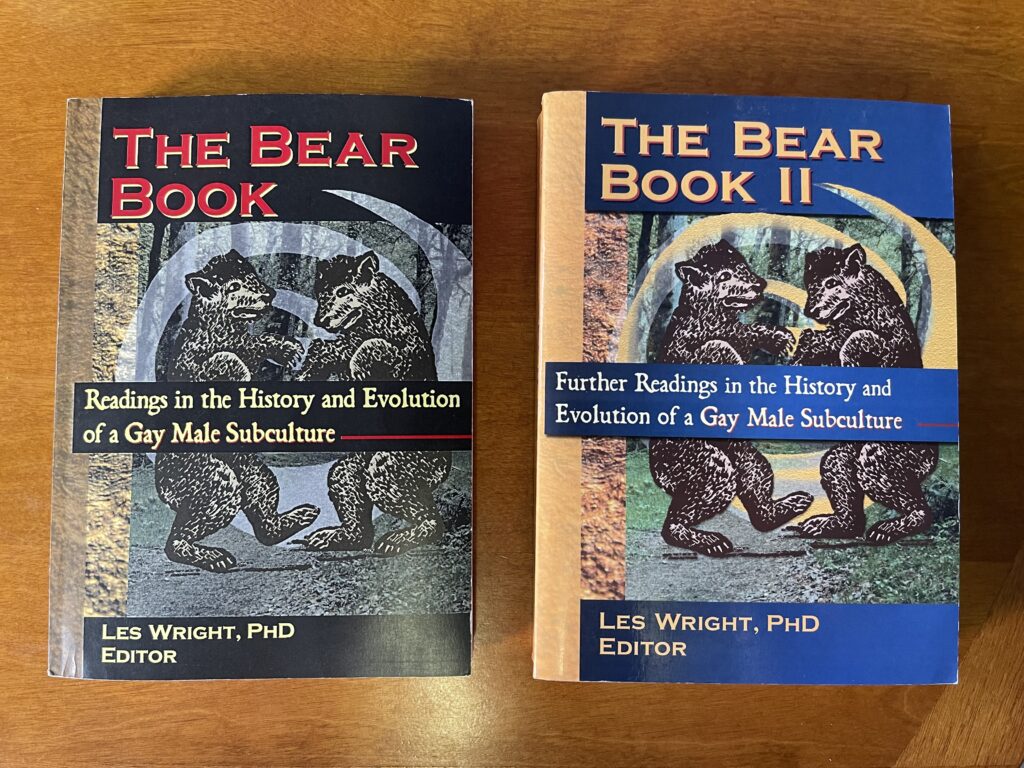
John Hernandez: And that’s why you’ll always occupy a very important place in the bear community, because you’re the one that took the time and the effort to document, write and edit the definitive source material that we all go back to in terms of our history. Thank you for doing that. It cannot ever be overstated how important your books are to our common history and culture as bears.
And being that you are the bear scribe, and since you are one of the first bears, what are your thoughts on the evolution of the bear community from the beginning to now?
Les K. Wright: Well, that’s an interesting question and I’m glad I’m in a position where I feel good about what I have to say about that.
In the early years, one of the things that really got me paying attention to the scene was that there was this kind of energy of self-discovery, and openness, and newness, and non-judgment. To me, it felt like the old Stonewall gay liberation energy from the 70’s. It was wonderful! We got to reinvent ourselves all over again and move into this democracy of sexual space. And it went along like that for good number of years, and, and it percolated all over the world.
I can’t exactly say how or just exactly when, but as bears got mainstreamed things shifted. I predicted that we would go mainstream, but what I was not expecting was that in many ways bears suddenly became the exact opposite of what bears had started as an alternative towards. Suddenly people started getting very judgmental about who is and who is not a bear. Suddenly, we had muscle bears and then we had ‘A-list bears’. And as that kind of segregation unfolded, I became really disappointed and took a step back. And I know a good number of friends from the first generation of bears that just turned away in disgust. That was it for us having anything to do with the organized community.
Then there was a kind of bifurcation that was called ‘Bear Wars’ at the time where you had the really good-looking bears, by classical description, and then the original old school bears that seemed to go off in two different directions.
It seems nowadays that the community has continued to diversify even more, but in a more cohesive way. I have come back into the scene now. I’ve gotten over being pissed off at being excluded and I’m still exploring.
There’s a handful of us who are in the process of brainstorming on something we’re calling the ‘Bear History Project Reboot‘. We’re trying to identify mostly younger people in the community to be interviewed, and we’re doing it by zoom, and one of the guys is working on podcasts; and at some point, when we’ve got our shit together, we’re going to go live and let the world know that we’re back to documenting. But everything now is, as you know, electronic which is very challenging to document. That’s a huge problem- but as I was saying the bear scene is very diverse and it’s kind of anything goes now, which is great.
John Hernandez: Yes, it’s nice to see people embracing the diversity of the community, something we have always championed at Bear World Magazine. And seeing how gender identity has really entered the conversation – there’s a lot of transbears, genderqueer bears, nonbinary bears and Mama bears/female-identifying bears out there now. It’s wonderful!
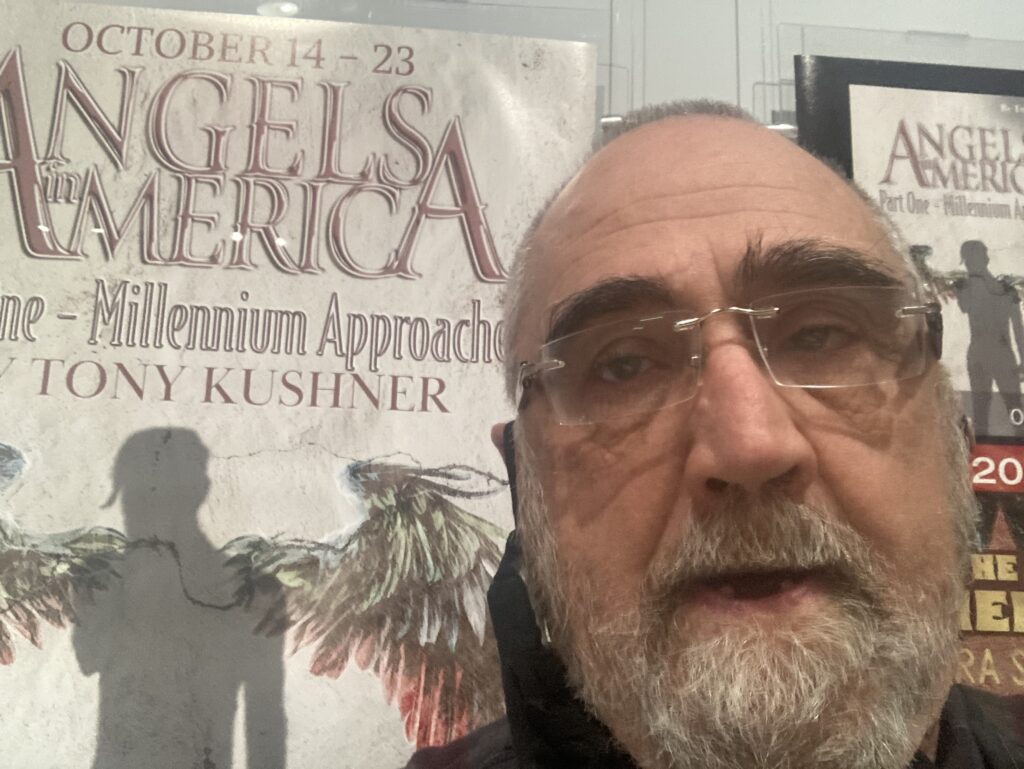
Les K. Wright: Yes, all of the Reboot Project folks are all aware of the gender and sexual fluidity in the community and we’re actively seeking to speak with folks and document all of the permutations.
John Hernandez: I’m very happy to hear that. Another big change over the last 20 years has been the rise of dating apps. What are your thoughts on that and how it’s impacted the community?
Les K. Wright: Well, you know, I’ll be the first to say, it’s hard for me to tell overall for two reasons: one- because I’m in a pretty geographically isolated, semi-rural area so there’s not many places where you can meet people physically. And I’m 70 years old now, I don’t feel anything like that, but, you know, age discrimination is very real. So, I can’t measure for sure.
But from what I’ve observed and heard from other people, in some ways I think it’s been positive, but in some ways, and some of what I’ve seen in general in the LGBTQ community, is that the apps have taken away a sense of community. We don’t physically go to places and interact with each other on a social level and make friendships. With the apps it seems to be purely sexual and that you have to absolutely meet my criteria for me to talk to you. It feels like a real diminishment of so many social dimensions and I’m wondering, you know, if something is going to come along to replace the dating apps.
John Hernandez: You know, I agree with you, the apps have certainly impacted the way that we see each other as a community, but weirdly enough, in all the major cities there still is usually a designated bear space. So, it’s sort of encouraging, in a way because at least the apps haven’t completely done away with that.
So switching gears a bit, based on your experience what do you see coming for the bear community in the next 10 or 20 years?
Les K. Wright: That’s a very challenging question. I think that’s very much tied into what’s going to happen to the entire LGBTQ community. We seem to recently have reached a place where we are so ‘accepted’ that there didn’t seem to be a need for communication and even less of a need for community. And, you know, the trend was looking like we were just going to dissipate into the greater population.
But now, with all of this bullshit happening in the country, I think queer folks are starting to wake up to the fact that the struggle is not over. We need to regroup and re-politicize and hopefully there will be more of a distinct community emerging once again.
John Hernandez: Beautifully said. And circling back to your autobiography. What message are you hoping impart with your book?
Les K. Wright: On a personal level, I’ve been through hell and back so many times and I’m still here, you know, and like Elton John says ‘I’m still standing’. But also, I want to give hope in the sense that whatever the reader has gone through, or is going through, or what they may go through in the future, that they can survive. They will survive.
John Hernandez: Excellent point to end on. Thank you so much Les, for everything!
***Get your copy of Resilience: A Polemical Memoir of AIDS, Bears and F*cking HERE.***
***Read more about Resilience, including preliminary reviews on Les K. Wright’s site HERE.***
*** The Bear History Project Reboot is looking for interviewees to share their stories. If you’d like to participate, join their Facebook group HERE.***

